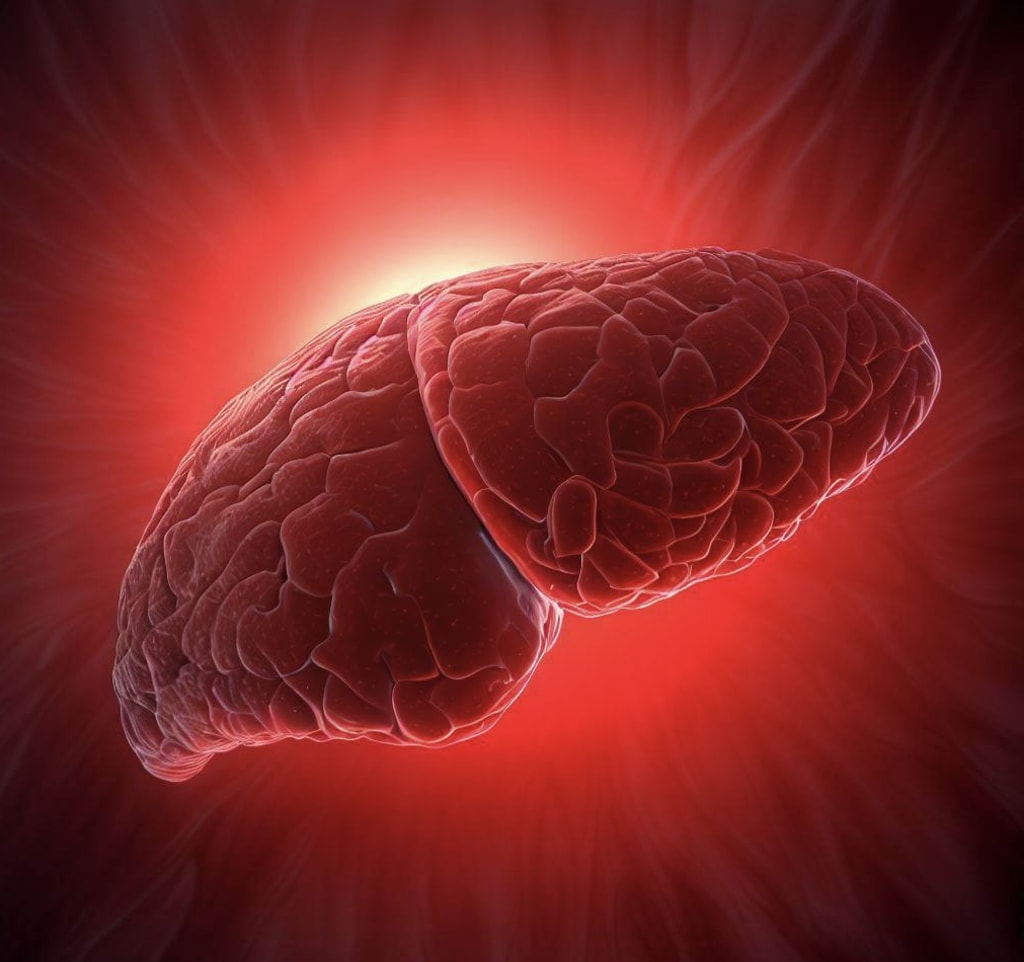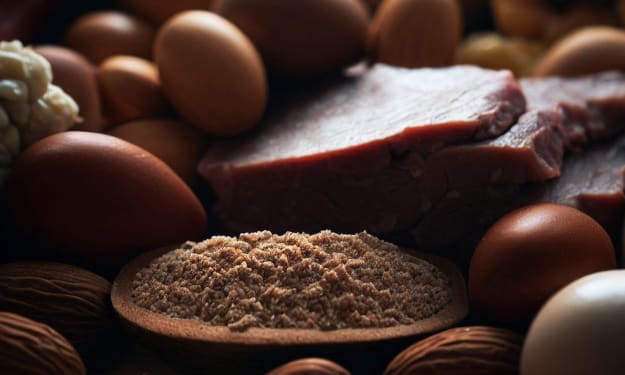Nutrition Strategies for Preventing and Managing Fatty Liver Disease
Unlocking the Secrets: How Your Diet Impacts Fatty Liver Disease

Fatty liver disease has become a prevalent health concern globally, encompassing alcoholic fatty liver disease (AFLD) and non-alcoholic fatty liver disease (NAFLD). Nutrition plays a crucial role in the prevention and management of this condition, as dietary choices directly impact liver health and fat accumulation. In this essay, we will delve into detailed nutrition strategies to effectively prevent and manage fatty liver disease, highlighting key dietary components and their impact on liver function.
Understanding Fatty Liver Disease
Fatty liver disease occurs when an excess amount of fat accumulates in the liver cells, impairing its normal function. AFLD is primarily caused by excessive alcohol consumption, which directly affects the liver. On the other hand, NAFLD is associated with metabolic factors such as obesity, insulin resistance, and poor dietary habits. In NAFLD, an unhealthy diet high in saturated fats, added sugars, and refined carbohydrates promotes fat deposition in the liver, leading to inflammation and potential liver damage.
Key Nutrition Strategies for Fatty Liver Disease
Macronutrient Balance
- Healthy Fats: Limit saturated and trans fats found in processed foods, fried items, and fatty meats. Opt for healthier fat sources such as monounsaturated fats (avocados, olive oil) and polyunsaturated fats (fatty fish, nuts, seeds) which support liver health and reduce inflammation.
- Complex Carbohydrates: Emphasize whole grains, legumes, and vegetables as primary carbohydrate sources. These provide fiber, vitamins, and minerals while maintaining stable blood sugar levels and reducing the risk of liver fat accumulation.
- Protein: Consume adequate protein from lean sources such as poultry, fish, legumes, and tofu. Protein aids in repairing liver cells, supporting detoxification processes, and promoting overall liver function.
Micronutrient-Rich Foods

- Antioxidants: Include a variety of fruits (berries, citrus fruits), vegetables (leafy greens, cruciferous vegetables), and herbs/spices (turmeric, garlic) to provide antioxidants that reduce oxidative stress and inflammation in the liver.
- Vitamin E: Incorporate vitamin E-rich foods like almonds, spinach, and sunflower seeds, as they possess antioxidant properties and may help alleviate liver damage caused by fatty liver disease.
- Choline: Consume foods rich in choline, such as eggs, lean meats, legumes, and cruciferous vegetables, as choline is involved in liver fat metabolism and may aid in preventing fat accumulation.
Fiber and Gut Health
- Dietary Fiber: Increase fiber intake from whole grains, fruits, vegetables, and legumes. Fiber promotes satiety, aids in weight management, and improves gut health, potentially reducing the risk of fatty liver disease.
- Probiotics and Prebiotics: Incorporate fermented foods (yogurt, kefir, sauerkraut) and foods high in prebiotic fibers (onions, garlic, bananas) to support a healthy gut microbiome. A balanced gut microbiota is associated with improved liver health and decreased inflammation.
Hydration and Beverages
- Water: Ensure adequate hydration by consuming sufficient water throughout the day. Staying hydrated supports liver function and promotes overall health.
- Limit Sugary Beverages: Minimize or avoid sugary drinks, including sodas, fruit juices, and sweetened beverages. These contribute to increased calorie intake and may exacerbate liver fat accumulation.
Weight Management and Physical Activity
- Caloric Balance: Achieve and maintain a healthy body weight through a well-balanced diet and regular physical activity. Gradual weight loss, especially targeting abdominal fat reduction, has shown significant benefits in managing fatty liver disease.
- Physical Activity: Engage in regular aerobic exercise, such as brisk walking, cycling, or swimming, along with strength training exercises. Physical activity improves insulin sensitivity, aids in weight management, and promotes liver health.
Nutrition plays a fundamental role in the prevention and management of fatty liver disease. By adopting a well-balanced diet that includes healthy fats, complex carbohydrates, lean proteins, and antioxidant-rich foods, individuals can reduce the risk of developing fatty liver disease or mitigate its progression. Additionally, maintaining a healthy weight and engaging in regular physical activity further supports liver health. A comprehensive approach that addresses dietary choices, hydration, and lifestyle factors will pave the way for improved liver function, overall well-being, and a reduced risk of complications associated with fatty liver disease.






Comments
There are no comments for this story
Be the first to respond and start the conversation.